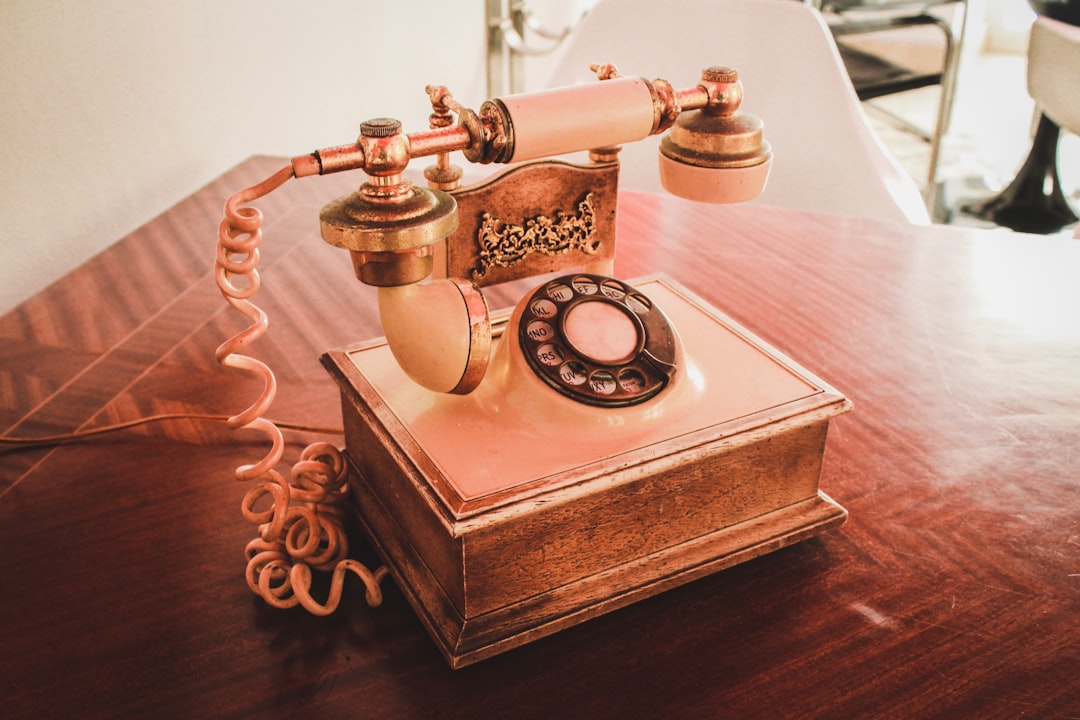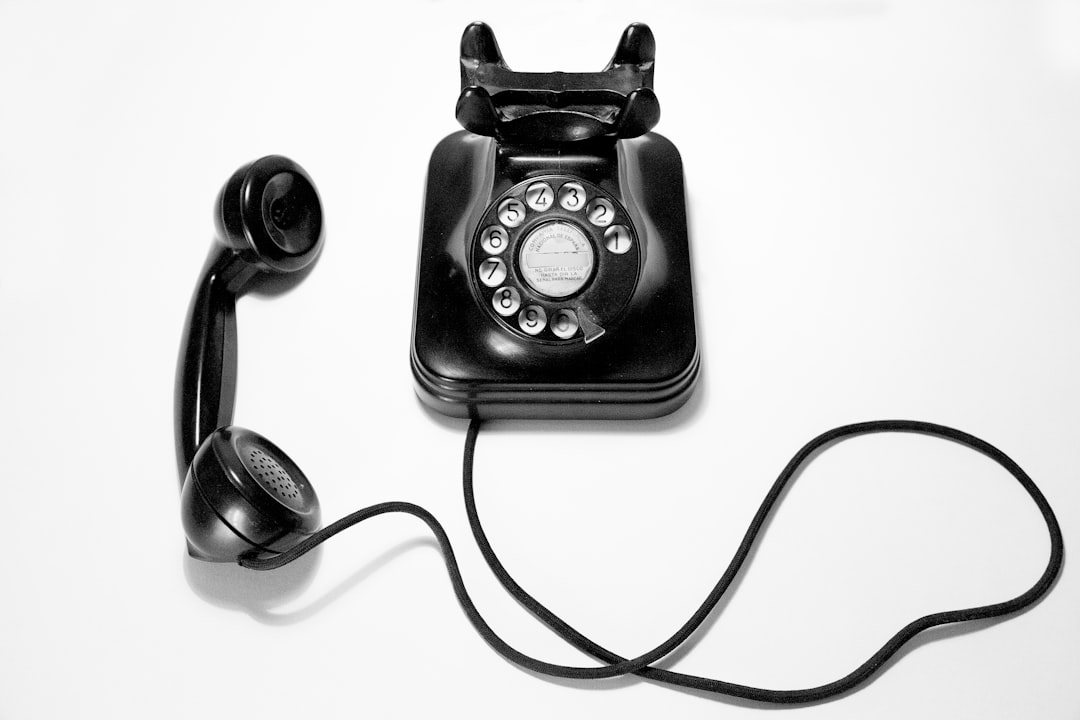Telemarketing regulations in dry cleaning services, enforced by consumer protection agencies and regulators like Idaho's Attorney General's office, protect consumers from aggressive sales tactics. Key restrictions include the use of autodialers for mass messaging without explicit consent. Chubbuck, Idaho, stands out for its strict laws against intrusive telemarketing calls, particularly from autodialer-using dry cleaning services, with local attorneys playing a crucial role in interpreting and enforcing these regulations. Autodialer attorneys in Idaho are essential for businesses navigating complex consent requirements, data management, and script reviews to avoid legal issues and maintain reputations.
Chubbuck, a leader in consumer protection, plays a pivotal role in regulating telemarketing within the dry cleaning industry. This article delves into the complex landscape of telemarketing regulations, focusing on Chubbuck’s efforts to combat unwanted calls. We explore the use of autodialers and their legal implications in Idaho, highlighting strategies to protect consumers. By examining Chubbuck’s approach, we uncover solutions that benefit businesses and customers alike, ensuring a more ethical and compliant telemarketing environment for dry cleaning services.
Understanding Telemarketing Regulations in Dry Cleaning Services

Telemarketing regulations in dry cleaning services are designed to protect consumers from aggressive sales tactics and ensure fair business practices. These rules, often enforced by local consumer protection agencies or telecommunications regulators, cover various aspects such as consent, do-not-call lists, and marketing material transparency. One key element is the restriction on the use of autodialers, automated phone systems that can leave prerecorded messages en masse, without prior explicit consent from recipients.
In Idaho, for instance, consumers have the right to file complaints with the Attorney General’s office against businesses using telemarketing practices deemed unethical or illegal. Understanding and adhering to these regulations is crucial for dry cleaning service providers to maintain compliance, avoid legal repercussions, and build a reputable business that respects consumer rights, particularly when engaging with Idaho-based autodialer attorneys for guidance on navigating these complex laws.
Chubbuck's Role: Enforcing Laws Against Unwanted Calls

Chubbuck, a city in Idaho, has established itself as a proactive leader in combating unwanted telemarketing calls, particularly in the context of dry cleaning services. The city’s approach is centered around enforcing laws that protect residents from intrusive and unsolicited phone marketing. As part of this strategy, Chubbuck leverages its legal framework to target businesses utilizing autodialers without proper consent.
The local attorneys in Chubbuck play a pivotal role in interpreting and enforcing these regulations. They work closely with the city administration to identify and penalize telemarketing practices that violate Idaho’s consumer protection laws. This proactive stance has set a precedent, making Chubbuck a model for other communities seeking to regulate telemarketing more effectively, especially when it comes to specialized services like dry cleaning.
The Use of Autodialers and Legal Implications in Idaho

In Idaho, the use of autodialers in telemarketing for dry cleaning services is subject to specific legal implications. While autodialers can enhance marketing efforts by automating calls and improving efficiency, they also raise concerns about consumer privacy and consent. According to Idaho’s Telemarketing Act, businesses must obtain explicit consent from consumers before placing automated calls. Using autodialers without prior authorization can lead to legal repercussions for dry cleaning companies, including fines and damage to their reputation.
Autodialer attorneys in Idaho play a crucial role in guiding businesses through these regulations. They ensure that companies comply with state laws by drafting consent forms, managing consumer databases, and reviewing telemarketing scripts. By adhering to these guidelines, dry cleaning services can protect themselves from legal issues, maintain customer trust, and continue using autodialers effectively for marketing purposes.
Protecting Consumers: Strategies and Solutions from Chubbuck

Chubbuck takes consumer protection seriously, especially when it comes to regulating telemarketing in dry cleaning services. To safeguard residents from aggressive or deceptive sales tactics, they’ve implemented robust strategies. One key approach is to restrict the use of autodialers, ensuring that attorneys in Idaho can only contact potential clients through manual dialing, thus reducing unwanted calls and giving consumers more control over their communication.
Additionally, Chubbuck promotes transparent practices by mandating clear disclosures during telemarketing calls. This includes informing customers about the nature of the service offered, pricing details, and any associated fees. By empowering consumers with knowledge, Chubbuck aims to foster trust and satisfaction, ensuring that residents of Idaho can make informed decisions regarding dry cleaning services without the pressure of high-pressure sales techniques.






